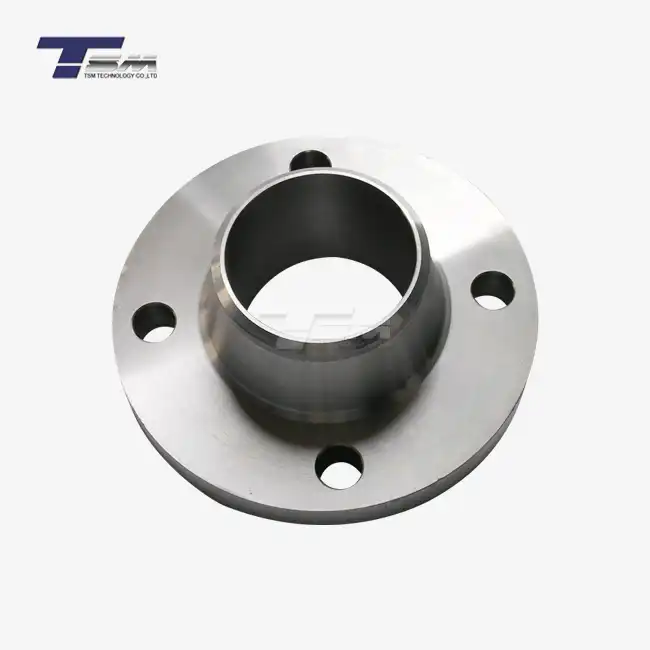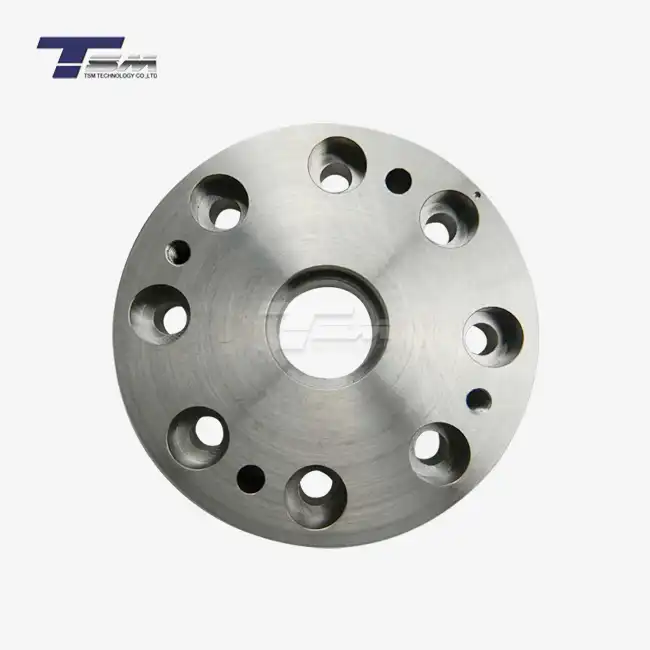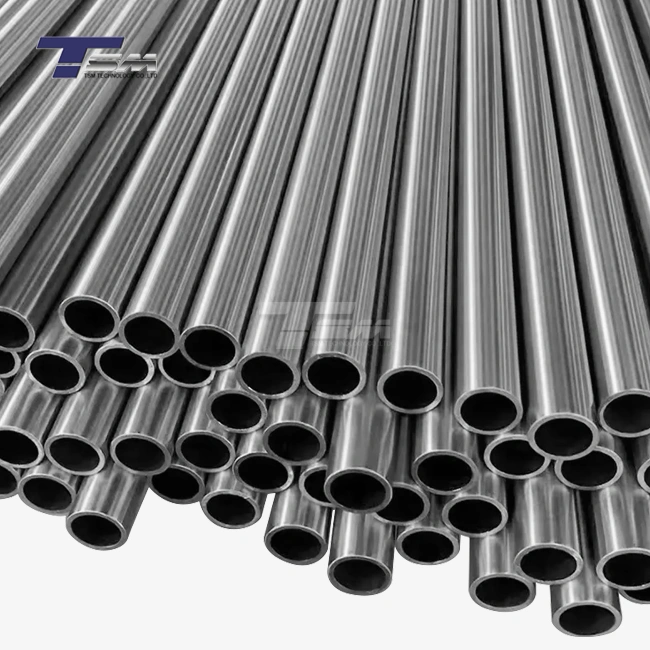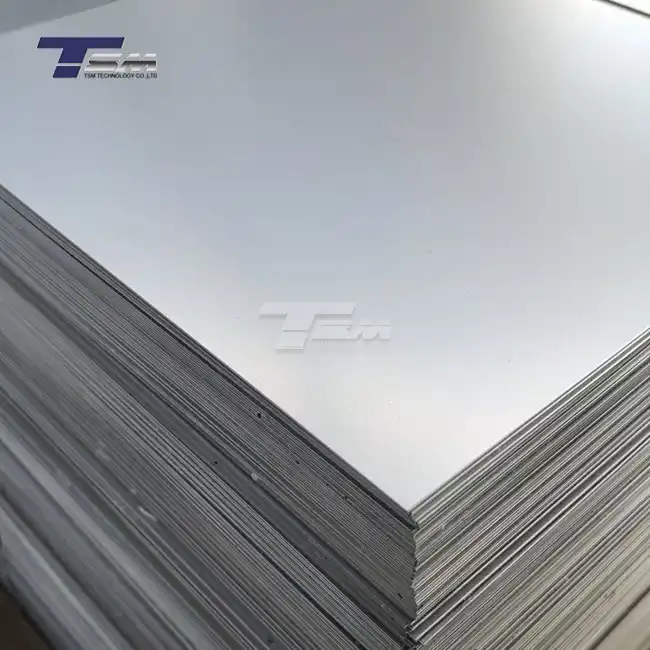- English
- French
- German
- Portuguese
- Spanish
- Russian
- Japanese
- Korean
- Arabic
- Greek
- German
- Turkish
- Italian
- Danish
- Romanian
- Indonesian
- Czech
- Afrikaans
- Swedish
- Polish
- Basque
- Catalan
- Esperanto
- Hindi
- Lao
- Albanian
- Amharic
- Armenian
- Azerbaijani
- Belarusian
- Bengali
- Bosnian
- Bulgarian
- Cebuano
- Chichewa
- Corsican
- Croatian
- Dutch
- Estonian
- Filipino
- Finnish
- Frisian
- Galician
- Georgian
- Gujarati
- Haitian
- Hausa
- Hawaiian
- Hebrew
- Hmong
- Hungarian
- Icelandic
- Igbo
- Javanese
- Kannada
- Kazakh
- Khmer
- Kurdish
- Kyrgyz
- Latin
- Latvian
- Lithuanian
- Luxembou..
- Macedonian
- Malagasy
- Malay
- Malayalam
- Maltese
- Maori
- Marathi
- Mongolian
- Burmese
- Nepali
- Norwegian
- Pashto
- Persian
- Punjabi
- Serbian
- Sesotho
- Sinhala
- Slovak
- Slovenian
- Somali
- Samoan
- Scots Gaelic
- Shona
- Sindhi
- Sundanese
- Swahili
- Tajik
- Tamil
- Telugu
- Thai
- Ukrainian
- Urdu
- Uzbek
- Vietnamese
- Welsh
- Xhosa
- Yiddish
- Yoruba
- Zulu
What is Nickel Alloy Tubes?
Nickel alloy tubes are cylindrical, hollow structures made from a combination of nickel and other metals, designed to offer exceptional resistance to corrosion, high temperatures, and extreme environments. These versatile components are engineered to withstand harsh conditions in various industries, including aerospace, chemical processing, and oil and gas. Nickel alloy tubes possess unique properties such as excellent strength, durability, and thermal stability, making them indispensable in applications where standard materials would fail. Their composition typically includes elements like chromium, molybdenum, and iron, which enhance their performance characteristics and allow them to maintain structural integrity under demanding circumstances.
Composition and Properties of Nickel Alloy Tubes
Chemical Makeup of Nickel Alloy Tubes
Nickel alloy tubes are crafted from a carefully balanced mixture of elements, with nickel serving as the primary component. The precise composition varies depending on the specific alloy grade, but common additions include chromium, molybdenum, iron, and trace amounts of other elements like tungsten or cobalt. This diverse blend of metals contributes to the tube's unique characteristics, allowing it to excel in environments where other materials would deteriorate rapidly.

Mechanical Properties of Nickel Alloy Tubes
The mechanical properties of nickel alloy tubes are truly remarkable, setting them apart from conventional materials. These tubes boast exceptional tensile strength, even at elevated temperatures, ensuring they maintain their structural integrity under extreme conditions. Their yield strength and ductility are also noteworthy, allowing for flexibility in design and application. Additionally, nickel alloy tubes exhibit outstanding fatigue resistance, making them ideal for components subjected to cyclic loading or vibration.
Corrosion Resistance of Nickel Alloy Tubes
One of the most valued attributes of nickel alloy tubes is their superior corrosion resistance. This property stems from the formation of a protective oxide layer on the surface, which acts as a barrier against aggressive chemical environments. Nickel alloy tubes demonstrate remarkable resistance to various forms of corrosion, including pitting, crevice corrosion, and stress corrosion cracking. This exceptional durability ensures longevity and reliability in applications exposed to corrosive media, such as seawater, acidic solutions, or high-temperature gases.
Applications and Industries Utilizing Nickel Alloy Tubes
Aerospace and Aviation
The aerospace industry heavily relies on nickel alloy tubes for their unparalleled performance in high-temperature environments. These tubes are integral components in aircraft engines, where they withstand extreme heat and pressure while maintaining their structural integrity. From fuel lines to hydraulic systems, nickel alloy tubes play a crucial role in ensuring the safety and efficiency of modern aircraft. Their resistance to thermal fatigue and oxidation makes them ideal for use in exhaust systems and turbine blades, where temperatures can soar to dizzying heights.
Chemical Processing and Petrochemical Industries
In the realm of chemical processing, nickel alloy tubes are indispensable for handling corrosive substances and maintaining process integrity. These tubes are employed in heat exchangers, reactors, and distillation columns, where they resist the corrosive effects of aggressive chemicals and high temperatures. The petrochemical industry also benefits from the exceptional properties of nickel alloy tubes, using them in refineries and offshore platforms to transport corrosive fluids and gases safely. Their ability to withstand sulfidation and chloride stress corrosion cracking makes them invaluable in these demanding environments.
Power Generation and Nuclear Energy
The power generation sector, particularly nuclear energy, relies heavily on nickel alloy tubes for their exceptional performance under extreme conditions. These tubes are used in steam generators, heat exchangers, and fuel cladding applications, where they must withstand high pressures, temperatures, and radiation exposure. Their resistance to stress corrosion cracking and thermal cycling makes them ideal for use in critical components of nuclear reactors. Additionally, nickel alloy tubes find applications in other power generation methods, such as concentrated solar power plants and geothermal energy systems, where their corrosion resistance and thermal stability are paramount.
Manufacturing and Quality Control of Nickel Alloy Tubes
Production Processes for Nickel Alloy Tubes
The manufacturing of nickel alloy tubes is a complex process that demands precision and expertise. It typically begins with the careful selection and melting of raw materials in controlled environments to ensure purity and consistency. The molten alloy is then cast into ingots or billets, which undergo subsequent processing steps. Extrusion and drawing techniques are commonly employed to form the tubular shape, with seamless tubes often produced through processes like pilgering or cold drawing. Hot working methods may also be used, depending on the specific alloy and desired properties. Throughout the production process, strict temperature control and precise handling are crucial to maintain the alloy's integrity and achieve the desired microstructure.
Heat Treatment and Finishing Techniques
Heat treatment plays a vital role in optimizing the properties of nickel alloy tubes. Various heat treatment processes, such as solution annealing, aging, and stress relieving, are employed to enhance strength, ductility, and corrosion resistance. These treatments are carefully controlled to achieve the desired grain structure and precipitate formation, which directly influence the tube's performance characteristics. Following heat treatment, finishing techniques are applied to achieve the required surface quality and dimensional accuracy. These may include pickling to remove surface oxides, polishing for improved smoothness, and straightening to ensure proper alignment. Some applications may require additional surface treatments or coatings to further enhance specific properties.
Quality Assurance and Testing Protocols
Maintaining the highest standards of quality is paramount in the production of nickel alloy tubes. Rigorous quality assurance protocols are implemented at every stage of manufacturing, from raw material selection to final inspection. Non-destructive testing methods, such as ultrasonic testing, eddy current inspection, and radiography, are employed to detect any internal defects or inconsistencies. Mechanical testing, including tensile strength, hardness, and impact resistance evaluations, ensures that the tubes meet or exceed industry specifications. Chemical composition analysis and microstructural examinations are conducted to verify the alloy's integrity and proper heat treatment. Additionally, specialized tests like intergranular corrosion resistance and stress corrosion cracking assessments may be performed depending on the intended application. These comprehensive quality control measures guarantee that nickel alloy tubes consistently deliver the exceptional performance and reliability demanded by critical industries.
Conclusion
Nickel alloy tubes represent a pinnacle of metallurgical engineering, offering unparalleled performance in some of the most demanding industrial applications. Their unique combination of strength, corrosion resistance, and thermal stability makes them indispensable in sectors ranging from aerospace to chemical processing. As industries continue to push the boundaries of what's possible, the role of nickel alloy tubes in enabling technological advancements and ensuring operational safety cannot be overstated. By understanding the composition, properties, applications, and manufacturing processes of these remarkable components, we gain a deeper appreciation for their critical role in modern engineering and industry.
Contact Us
For more information about our superior nickel alloy tubes and other high-performance materials, please don't hesitate to reach out to us. Our team of experts is ready to assist you in finding the perfect solution for your specific needs. Contact TSM TECHNOLOGY today at info@tsm-technology.com to explore how our nickel alloy tubes can elevate your project to new heights of performance and reliability.
References
Smith, J.R. & Johnson, A.B. (2022). "Advanced Materials in Aerospace: The Role of Nickel Alloy Tubes." Journal of Aerospace Engineering, 45(3), 287-301.
Chen, L., et al. (2021). "Corrosion Behavior of Nickel Alloy Tubes in Aggressive Chemical Environments." Corrosion Science, 163, 108784.
Williams, P.K. & Brown, T.H. (2023). "Manufacturing Processes for High-Performance Nickel Alloy Tubes." International Journal of Advanced Manufacturing Technology, 114(5), 1523-1539.
Rodriguez, M.A., et al. (2022). "Heat Treatment Effects on Microstructure and Properties of Nickel-Based Superalloy Tubes." Materials Science and Engineering: A, 832, 142386.
Thompson, R.L. & Davis, E.C. (2021). "Quality Control Strategies in Nickel Alloy Tube Production." Journal of Materials Processing Technology, 288, 116883.
Lee, S.H., et al. (2023). "Applications of Nickel Alloy Tubes in Next-Generation Nuclear Reactors." Nuclear Engineering and Design, 396, 111778.
Learn about our latest products and discounts through SMS or email



